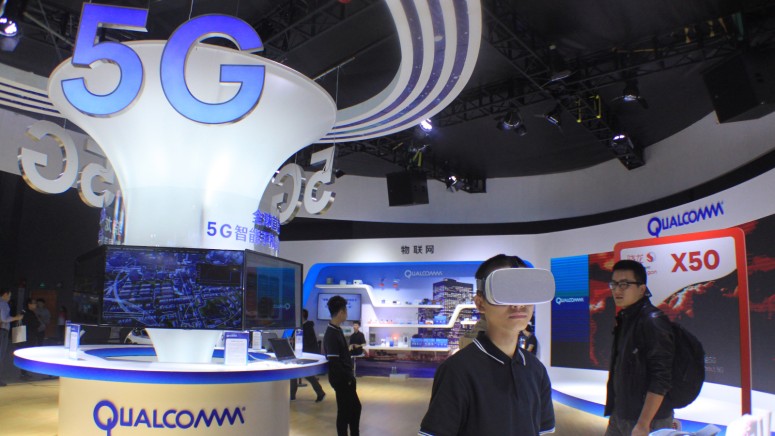
Is 2020 Still the Year of 5G or Has COVID-19 Suspended the Feast?
- 5G was supposed to revolutionize business and communications in 2020, but that train seems gone already.
- Consumer demand for smartphones is plummeting, and the excitement around the adoption of 5G has faded.
- Things are postponed for 2021, but a widespread 5G adoption would likely happen even if it’s later on.
Since last year, we have been writing about the coming age of the 5G, and how it’s going to change the way we communicate, connect, transfer “big data,” and consume content. It was all projected to happen within 2020, with Android manufacturers jumping first on the bandwagon that was pushed by Qualcomm, and Apple exploring all possible routes to support the new technology on the iPhone 12. 5G was purported to be so important and exciting, that telcos pretended to offer it even before they actually did. Analysts estimated that the sales of the iPhone 11 would suffer for the sole reason of not supporting it.
But then 2020 came, hitting us with the outbreak of a novel Coronavirus that nobody anticipated, and while work on installing 5G networks continued, things definitely slowed down. Telecommunication providers were forced to revisit their 5G rollout forecasts, companies limited their investment spree, and consumers themselves became more reluctant to pay one grand for devices that support it. If we think about it, the iPhone SE 2020 (a 4G device) is the most exciting device launch we’ve had in the year so far, so would it be safe to assume that not many people are concerned about 5G at the moment? After all, smartphone sales are bottoming, so it’s natural to see the demand for 5G devices eroding.
5G will gradually conquer the market, but it’s not likely to happen in the aggressive manner that was initially planned for 2020. The combined adverse factors of the COVID-19 outbreak and the recession that looms on the horizon create an environment that’s far from being the ideal for the introduction and the adoption of new technologies. This becomes particularly problematic when the ongoing pandemic is already strangling the currently available spectrum, and new bands are obviously not auctioned right now, as everything has come to a halt.
Ignoring the burning down of 5G antennas and the irrational fears about public health risks, there’s a real practical problem with the new technology, and it is that it’s just too cumbersome and expensive right now. 5G phones need to be larger, thicker, hold bigger batteries, and expel more heat onto the hands of the user, but the benefit in speeds isn’t compelling yet.
And then there’s the cost of licensing, with the pricing of Qualcomm who is trying to take advantage of their dominant market position not helping the situation. The American chipmaker is pushing 5G hard, but many of the other pieces that need to fall in place for the “next revolution” to happen just aren’t there yet. Maybe Apple has realized all that after all, and maybe this is why they don’t believe in a 5G device yet - not even for the iPhone 12.






